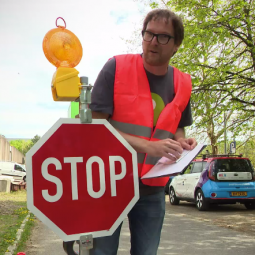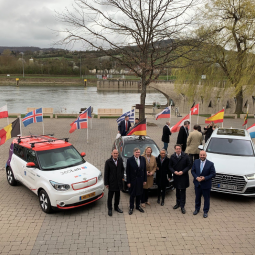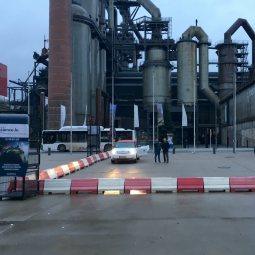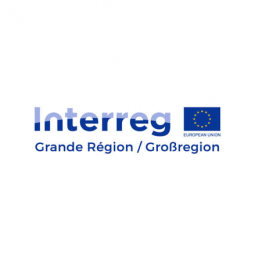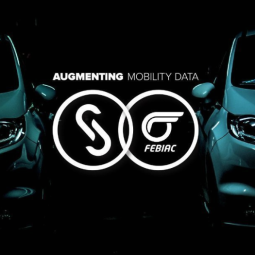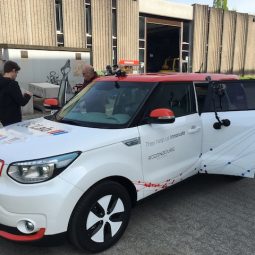360Lab featured on RTL Pisa
The researchers of the 360Lab had the visit of Mr Science from the popular science show Pisa on RTL. The show aims at promoting scientific culture to the general public. We demonstrated how the AI camera systems are able to recognize (or not) traffic signs and explained how the technology works. You can watch the … Continued


